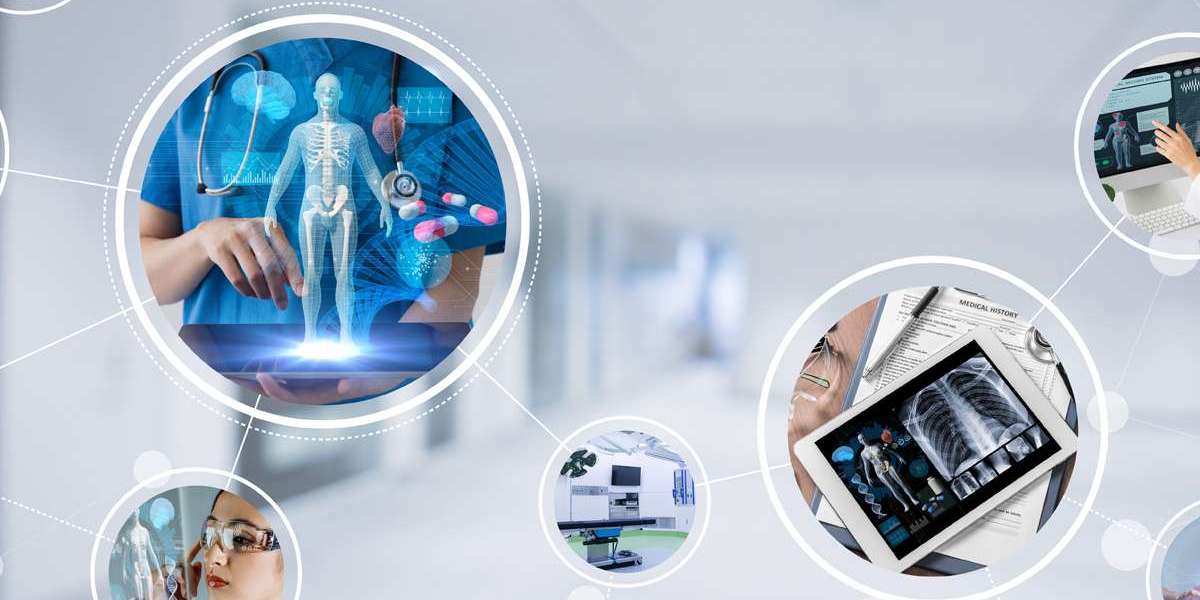Decentralized Clinical Trials: Transforming the Research Paradigm:
Traditional clinical trials often require participants to visit study sites regularly, posing logistical challenges and barriers to participation. Decentralized clinical trials (DCTs) aim to overcome these limitations by leveraging remote technologies and real-world data collection methods. With the rise of telemedicine, wearable devices, and mobile health apps, participants can now engage in clinical research from the comfort of their homes, reducing the burden of travel and facilitating broader participation. DCTs not only enhance patient convenience but also enable more diverse and representative study populations, leading to richer and more generalizable data.
Adaptive Trial Designs: Enhancing Flexibility and Efficiency:
In traditional clinical trial designs, study protocols are typically fixed from the outset, leading to inefficiencies and missed opportunities for optimization. Adaptive trial designs, on the other hand, allow for real-time modifications to study parameters based on interim data analyses. This flexibility enables researchers to adapt dosing regimens, patient enrollment criteria, and endpoint definitions in response to emerging trends or unexpected findings. By maximizing the utility of available data and minimizing resource wastage, adaptive trial designs enhance the efficiency and cost-effectiveness of clinical development while accelerating the pace of therapeutic innovation.
Virtual Clinical Research Platforms: Bridging the Digital Divide:
The advent of virtual clinical research platforms represents a paradigm shift in the way clinical trials are conducted and managed. These digital ecosystems integrate various tools and technologies to streamline study operations, from patient recruitment and consent to data collection and analysis. By centralizing study activities in a secure and accessible online environment, virtual platforms offer sponsors and investigators unprecedented visibility and control over trial conduct. Moreover, they empower participants with greater autonomy and engagement, fostering a collaborative and patient-centric approach to clinical development.
Artificial Intelligence and Machine Learning: Revolutionizing Data Analysis:
Artificial intelligence (AI) and machine learning (ML) have emerged as powerful tools for analyzing the vast amounts of data generated in clinical trials. By leveraging algorithms and predictive models, AI/ML technologies can identify patterns, predict outcomes, and derive actionable insights from complex datasets. From optimizing patient recruitment strategies to predicting adverse events and treatment responses, AI/ML-driven analytics enhance decision-making throughout the clinical development process. Moreover, these technologies hold the potential to uncover novel biomarkers, stratify patient populations, and personalize treatment approaches, ushering in a new era of precision medicine.
Real-World Evidence: Informing Clinical Decision-Making:
While traditional clinical trials provide valuable insights into the efficacy and safety of investigational therapies, they often have limitations in terms of sample size, duration, and generalizability. Real-world evidence (RWE) complements traditional clinical trial data by capturing insights from routine clinical practice and observational studies. By analyzing electronic health records, claims data, and patient registries, RWE enables researchers to assess the long-term effectiveness, safety, and cost-effectiveness of therapies in real-world settings. This rich source of information not only informs clinical decision-making but also supports regulatory submissions, post-market surveillance, and healthcare policy formulation.
Blockchain Technology: Securing Data Integrity and Transparency:
The integrity and security of clinical trial data are paramount to maintaining trust and confidence in the research process. Blockchain technology offers a decentralized and immutable ledger system that ensures the integrity, transparency, and traceability of data transactions. By securely recording every interaction and modification within a tamper-proof digital ledger, blockchain enhances data integrity, reduces the risk of fraud or manipulation, and streamlines data reconciliation processes. Moreover, blockchain-based platforms enable secure data sharing and collaboration among stakeholders while safeguarding patient privacy and confidentiality.
Final Thoughts:
In conclusion, the landscape of clinical development is undergoing a profound transformation driven by innovations in technology, methodology, and collaboration. From decentralized trial designs and virtual research platforms to AI-driven analytics and blockchain-enabled data security, these emerging trends and technologies are revolutionizing the way new therapies are discovered, developed, and delivered to patients. By embracing these innovations and fostering a culture of continuous learning and adaptation, we can accelerate the pace of therapeutic innovation and improve outcomes for patients worldwide.







